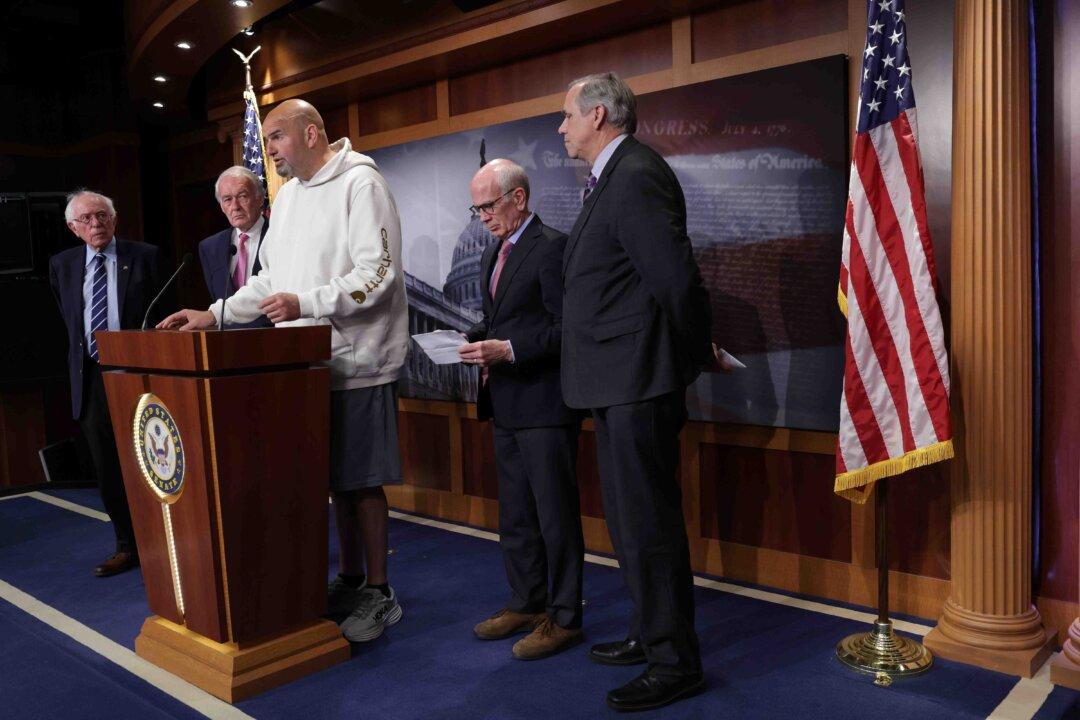Commentary
Events in the U.S. Senate have raised fundamental questions we otherwise have long taken for granted. The question is: why do we wear what we wear and what should or should not inform that decision?

Events in the U.S. Senate have raised fundamental questions we otherwise have long taken for granted. The question is: why do we wear what we wear and what should or should not inform that decision?